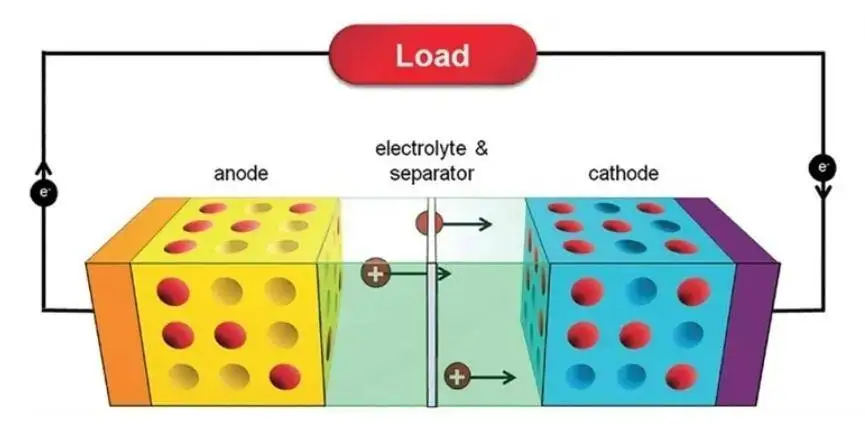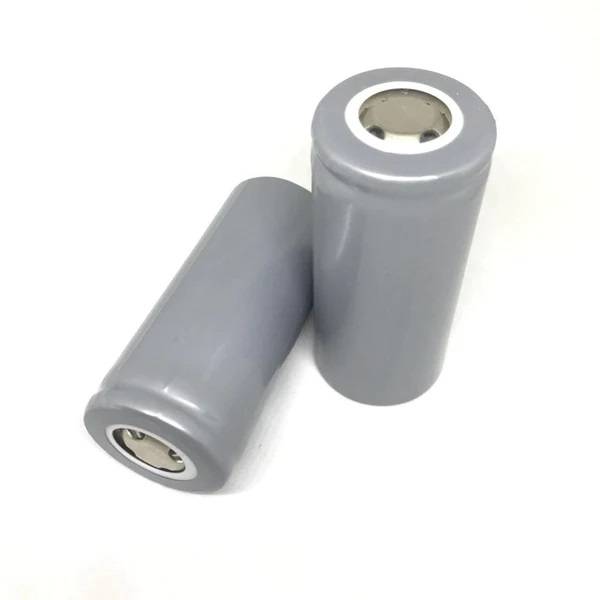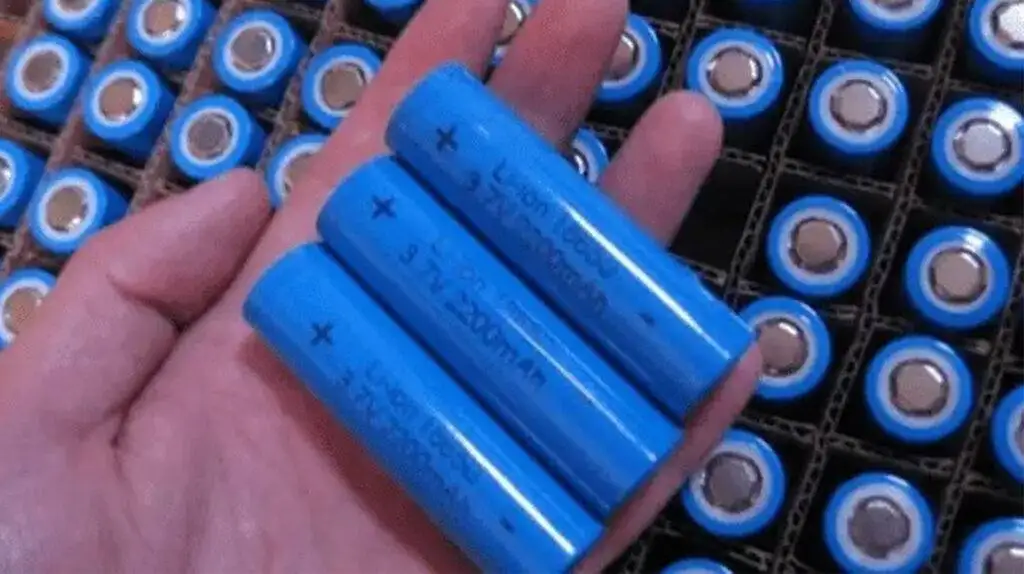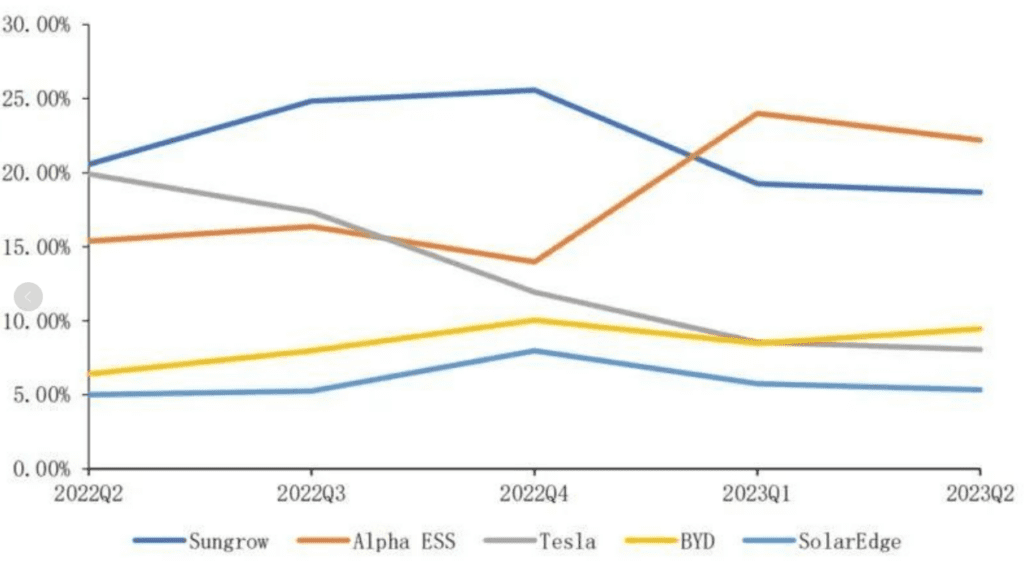No, charging a lithium-ion battery with a regular charger is not recommended as it may not provide the correct voltage or current levels needed for safe charging. Always use chargers specifically designed for lithium-ion technology.
In the digital era, lithium-ion batteries are essential for keeping us connected and productive. However, using the wrong charger can pose risks. In this post, we’ll delve into lithium-ion batteries, highlight the dangers of incorrect charging, and provide tips for optimal performance. Join us as we explore the electrifying world of charging your devices!
Understanding Lithium Ion Batteries
Understanding lithium-ion batteries is crucial for safe charging practices. Let’s delve into their composition, key features, and importance of choosing the right charger.
- Composition: Lithium-ion batteries consist of two electrodes – a positive cathode and a negative anode – separated by an electrolyte solution.
- Key Ingredient: Lithium metal enables energy storage within the battery. During charging, lithium ions migrate from the cathode to the anode, releasing power during discharge.
- High Energy Density: These batteries offer significant energy storage in a compact size, ideal for portable electronics like smartphones and laptops.
Understanding these basics ensures safe charging and maximizes device performance. Choosing the correct charger mitigates safety risks and prolongs device lifespan.
The Dangers of Using the Wrong Charger
The dangers of using the wrong charger for lithium-ion batteries cannot be overstated. Here’s why:
- Specific Requirements: Lithium-ion batteries need precise voltages and amperages for safe charging. Using an incompatible charger can lead to overcharging, overheating, or even explosions.
- Sensitivity to Charging: Unlike other batteries, lithium-ion batteries are sensitive to charging conditions. Using a regular charger with higher voltage or amperage can cause thermal runaway, where the battery’s temperature rises uncontrollably, risking fire or explosion.
- Lack of Protection: Regular chargers may lack safeguards against overcharging. Specialized lithium-ion battery chargers monitor voltage levels and halt charging when full. Without these features, overcharging risks persist.
To stay safe, always use a charger designed for lithium-ion batteries. These chargers come with built-in protections, ensuring safe and efficient charging without risking damage to your devices or yourself.
The Importance of Voltage and Amperage in Charging Batteries
Understanding the importance of voltage and amperage in charging batteries is crucial for their proper functioning. Here’s why:
- Correct Levels: Using a charger with the right voltage and amperage is vital for lithium-ion batteries. Incorrect levels can lead to overcharging, undercharging, or even damage.
- Risks of High Voltage: Too high voltage can cause excessive current flow, leading to overheating and potential fire hazards. Conversely, insufficient voltage results in incomplete charging, reducing performance and lifespan.
- Amperage Considerations: Incompatible amperage ratings also pose risks. Low amperage prolongs charging time, while high amperage may damage internal components due to heat.
To charge safely, follow manufacturer guidelines for voltage and amperage, and avoid extreme temperatures. Proper care ensures optimal performance and longevity for your lithium-ion batteries.
Can You Use a Regular Battery Charger for Lithium Ion Batteries?
Lithium-ion batteries power many of our modern devices, but using the wrong charger can spell trouble. Here’s why:
- Compatibility Issues: Regular battery chargers aren’t suitable for lithium-ion batteries. They may lack the necessary voltage and amperage control, leading to overcharging or overheating.
- Safety Risks: Using the wrong charger can result in serious consequences like explosions or damage to your devices. Lithium-ion batteries require specific charging parameters to ensure safety and longevity.
- Optimal Performance: To maximize your battery’s lifespan and keep your devices safe, invest in a dedicated lithium-ion battery charger. These chargers are designed to meet the specific needs of lithium-ion batteries, providing reliable and safe charging every time.
When it comes to charging lithium-ion batteries, always prioritize safety and performance by using the right charger for the job. Don’t risk damage or accidents – choose the correct equipment for peace of mind!
Risks and Consequences of Using the Wrong Charger
Risks and Consequences of Using the Wrong Charger:
- Overcharging Hazard: Regular chargers may not provide the correct voltage and amperage for lithium ion batteries, leading to overcharging. This can cause overheating and even explosions due to internal damage.
- Undercharging Concerns: Using an incompatible charger may result in undercharging, leaving the battery partially charged or unable to charge fully. This decreases power output and usage time.
- Warranty Voidance: Using the wrong charger could void warranties on devices or batteries, as manufacturers specify compatible chargers for optimal performance and safety.
To mitigate these risks, always use a charger designed specifically for lithium ion batteries, ensuring safe and efficient charging without compromising the battery’s integrity or your device’s warranty.
How to Properly Charge a Lithium Ion Battery
How to Properly Charge a Lithium Ion Battery:
- Use the right charger: Always opt for a charger designed specifically for lithium ion batteries to avoid overcharging or undercharging, which can lead to damage or overheating.
- Check voltage and amperage: Ensure that the charger’s voltage and amperage settings match the manufacturer’s recommendations for your device. Charging at incorrect levels can cause irreversible harm.
- Avoid extreme temperatures: Charge your battery within the recommended temperature range, avoiding both extreme heat and cold to maintain optimal performance.
- Don’t leave unattended: Keep an eye on the battery while charging and avoid leaving it unattended for extended periods to prevent potential issues like overheating.
- Charge up to 80%: To extend battery lifespan, aim to recharge when the battery reaches around 20% and avoid fully discharging it before recharging again.
Following these steps will help you safely and effectively charge your lithium ion battery, ensuring its longevity and maintaining device performance.













